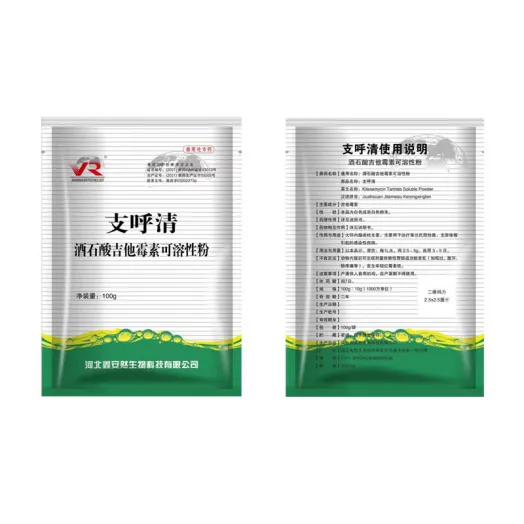- Afrikaans
- Albanian
- Amharic
- Arabic
- Armenian
- Azerbaijani
- Basque
- Belarusian
- Bengali
- Bosnian
- Bulgarian
- Catalan
- Cebuano
- Corsican
- Croatian
- Czech
- Danish
- Dutch
- English
- Esperanto
- Estonian
- Finnish
- French
- Frisian
- Galician
- Georgian
- German
- Greek
- Gujarati
- Haitian Creole
- hausa
- hawaiian
- Hebrew
- Hindi
- Miao
- Hungarian
- Icelandic
- igbo
- Indonesian
- irish
- Italian
- Japanese
- Javanese
- Kannada
- kazakh
- Khmer
- Rwandese
- Korean
- Kurdish
- Kyrgyz
- Lao
- Latin
- Latvian
- Lithuanian
- Luxembourgish
- Macedonian
- Malgashi
- Malay
- Malayalam
- Maltese
- Maori
- Marathi
- Mongolian
- Myanmar
- Nepali
- Norwegian
- Norwegian
- Occitan
- Pashto
- Persian
- Polish
- Portuguese
- Punjabi
- Romanian
- Russian
- Samoan
- Scottish Gaelic
- Serbian
- Sesotho
- Shona
- Sindhi
- Sinhala
- Slovak
- Slovenian
- Somali
- Spanish
- Sundanese
- Swahili
- Swedish
- Tagalog
- Tajik
- Tamil
- Tatar
- Telugu
- Thai
- Turkish
- Turkmen
- Ukrainian
- Urdu
- Uighur
- Uzbek
- Vietnamese
- Welsh
- Bantu
- Yiddish
- Yoruba
- Zulu
9 月 . 19, 2024 15:32 Back to list
oxytetracycline injection for chickens
Oxytetracycline Injection for Chickens An Overview
Oxytetracycline is a broad-spectrum antibiotic that belongs to the tetracycline class of antibiotics. It has been widely used in veterinary medicine, particularly in poultry farming, to treat and prevent various bacterial infections in chickens. This article explores the implications, benefits, and considerations regarding the use of oxytetracycline injection in poultry.
Chickens, like any other livestock, are susceptible to infections that can impact their health, growth, and overall productivity. Bacterial diseases such as respiratory infections, enteritis, and septicemia can pose significant threats to poultry health, leading to economic losses for farmers. Oxytetracycline is effective against a range of bacteria, making it a valuable tool in managing these health issues.
One of the primary benefits of oxytetracycline is its versatility. It can be administered through various routes, including injection, drinking water, and feed. The injectable form is often preferred for acute infections or when a rapid response is required. This method ensures a quick onset of action, targeting the bacterial pathogens effectively and helping to reduce mortality rates in affected flocks.
oxytetracycline injection for chickens

When used appropriately, oxytetracycline can significantly improve the health status of chickens
. By controlling bacterial infections, farmers can enhance the growth rate and feed conversion efficiency of their flocks. Healthier chickens lead to higher production levels and a more profitable operation, underlining the importance of responsible antibiotic use in poultry farming.However, it's crucial to consider the implications of antibiotic use in animal husbandry. The development of antibiotic resistance is a growing concern, as overuse or misuse of antibiotics can lead to resistant bacterial strains. Consequently, oxytetracycline and other antibiotics should be used judiciously, following veterinary guidance and guidelines set by health authorities. Farmers are encouraged to implement best practices, such as maintaining proper biosecurity measures, ensuring good nutrition, and monitoring flock health to minimize the reliance on antibiotics.
Moreover, there are regulatory considerations surrounding the use of antibiotics in poultry. Many countries have established strict guidelines and withdrawal periods for antibiotics, including oxytetracycline, to ensure food safety and protect public health. Farmers must adhere to these regulations to prevent antibiotic residues in meat and egg products.
In conclusion, oxytetracycline injection for chickens serves as an essential tool in managing bacterial infections and promoting poultry health. While it offers numerous benefits, responsible usage is vital to mitigate the risks of antibiotic resistance and ensure the sustainability of poultry farming. By combining good management practices with judicious antibiotic use, farmers can safeguard the health of their flocks while contributing to the larger goal of public health.
-
The Power of Radix Isatidis Extract for Your Health and Wellness
NewsOct.29,2024
-
Neomycin Sulfate Soluble Powder: A Versatile Solution for Pet Health
NewsOct.29,2024
-
Lincomycin Hydrochloride Soluble Powder – The Essential Solution
NewsOct.29,2024
-
Garamycin Gentamicin Sulfate for Effective Infection Control
NewsOct.29,2024
-
Doxycycline Hyclate Soluble Powder: Your Antibiotic Needs
NewsOct.29,2024
-
Tilmicosin Premix: The Ultimate Solution for Poultry Health
NewsOct.29,2024













